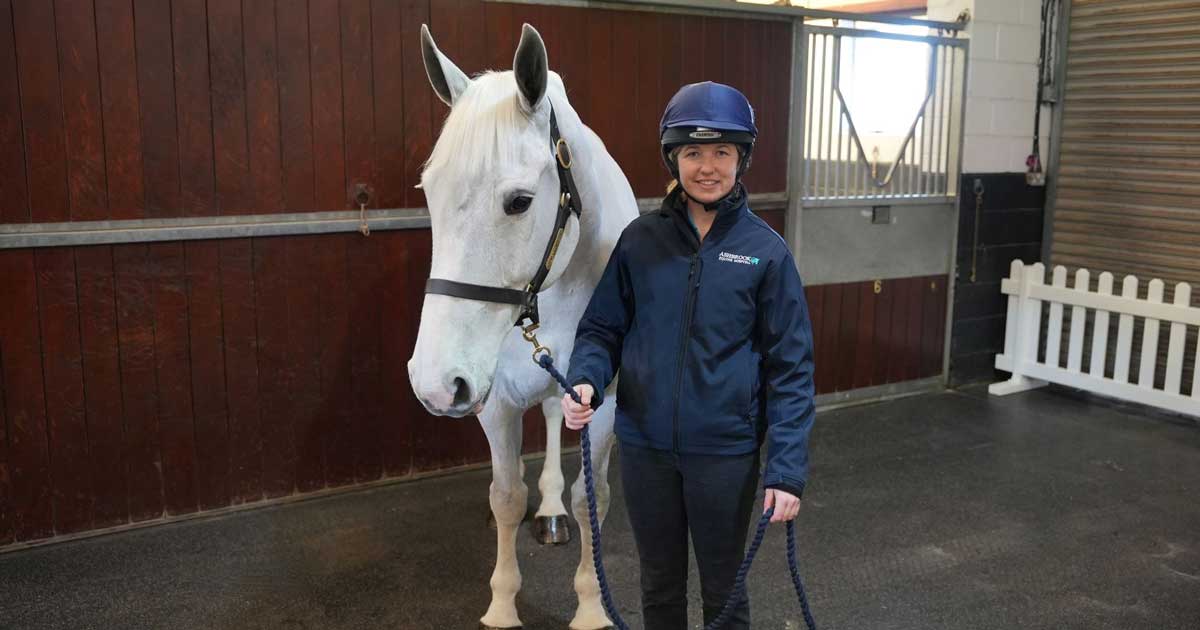
Surveys of horse owners and keepers show worm testing messages are getting through, but work is needed to drive home some resistance messages.
Two surveys have been carried out – one with UK horse owners and another with stud farm owners – as part of Project WORMS (Working to Overcome Resistance and Make for a Sustainable future), a collaboration of vet groups and BEVA.
The aim was to probe current approaches to parasite control and identify areas where management practices could be improved.
Those behind the project fear that with no new anthelmintic products being developed, horses could be left with no effective anthelmintics in the near future – putting horses at increased risk of parasite damage-related illnesses.
Owner testing
In a survey of 4,233 owners, 84% said they carried out regular faecal worm egg counts (FWECs) to determine roundworm and small and large redworm burden, with 40% regularly testing for tapeworm and 73% regularly poo-picking grazing areas.
A fifth (22%) said they incorporated co-grazing or alternate grazing with ruminants as part of their paddock management, but of those carrying out FWECs, 37% said they routinely wormed their horse at least once a year regardless of test results.
Stud poll
In a separate poll of stud owners and managers, 28% said they knew of wormer resistance on their property, 32% did not poo pick, 57% co-grazed or used alternate grazing pastures with ruminants, and nearly half of those who said vet advice was “very important” admitted moxidectin and praziquantel were their first-line anthelmintics.
Project WORMS is a collaboration between VetPartners’ equine clinical board, CVS Group, IVC Evidensia and Equine Reproductive Services, backed by BEVA.
Vital information
Julia Shrubb, deputy chairperson of VetPartners’ equine clinical board and a vet at Ashbrook Equine Hospital, said: “The information from the surveys is vital to give us a further understanding of how and why anthelmintics are given to horses, and we are grateful to everyone who took the time to take part.
“The surveys have identified areas where management practices can be improved and this will allow veterinary surgeons and SQP professionals to give more appropriate and targeted advice, and encourage responsible anthelmintic use.
“It is very encouraging that high levels of testing were reported, which underpins responsible anthelmintic use.”
Resistance issues
Tim Mair, CVS equine director, said: “Resistance among horse parasites to the currently available wormers is widespread and increasing. We desperately need to reduce the overuse of these drugs – not only to stem the tide of resistance, but also to reduce the toxic effects that these drugs have on the environment.”
Graham Hunter, IVC Evidensia equine group veterinary advisor, said: “Sadly, there is a huge educational piece to be done regarding the mismatch between FWEC usage and an essential targeted approach to the use of appropriate anthelmintics. We need to improve this situation as a matter of urgency to combat the very significant issue of anthelmintic resistance.”
Credit to: Equine parasite studies show need for more owner resistance work (Vet Times)
Vet Times. (2023). Equine parasite studies show need for more owner resistance work [online]
Available at: https://www.vettimes.co.uk/news/equine-parasite-studies-show-need-for-more-owner-resistance-work/






